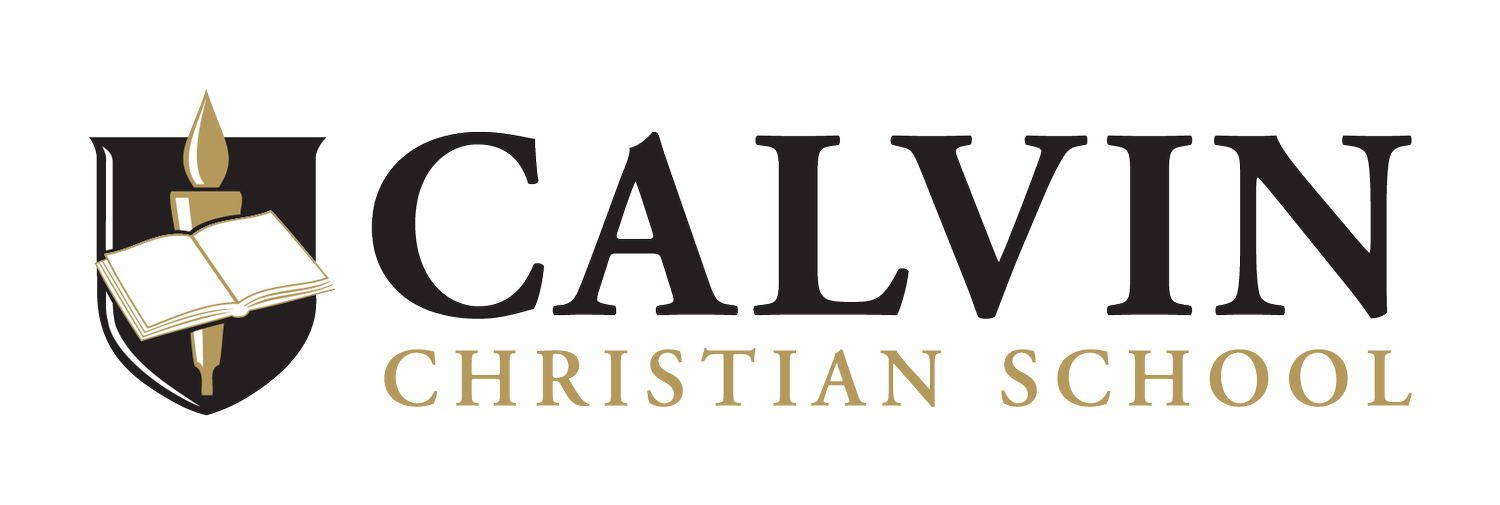On Friday morning, 25 students and staff from Calvin Christian School will be meeting at Hobart Airport ready to embark on an incredible learning journey.
For the first time since COVID, our students have the opportunity to travel overseas as we return to our International Service Learning Programs. The demand for this trip was high with a waiting list eventually introduced to cope with the strong response from our Year 11/12 parents and students.
The re-establishment of our International Service Learning trips takes our students to Indonesia across two weeks in June and July, experiencing life and faith in a country and culture quite unlike their own. The experience of students who have joined previous trips to Fiji and Vanuatu from Calvin has been transformational. What students discover is that the world is much broader and life is much more than we understand living in relative comfort in southern Tasmania.
“Spending time with local students and living in villages is an incredible way to understand the power of relationship and the value of contentment.”
Part of the richness of learning that I have had the privilege to observe travelling with students to developing countries has been the perspective that we invariably gain on our own lives. The realisation that we have a lot of ‘stuff’ and that actually, there are some things that are far more precious than the objects that we collect around us. Spending time with local students and living in villages is an incredible way to understand the power of relationship and the value of contentment. Many of our students will understand that our lives aren’t necessarily enriched by the headlong pursuit of more things, that wealth can shield us from some precious experiences of life.
Part of the strength of service-based learning is the changed perspective of students who embrace the opportunity to selflessly give of themselves. These students realise that in blessing others, they find something of real value. When confronted by a crowd who seemed intent on getting what they could from him, Jesus responded “do not work for food that spoils, but for food that endures to eternal life…” How much of our own life is spent chasing after things that won’t endure? Christian Education is much more than a pathway to employment and wealth, it a formational process that leads to a more certain hope.
Scott Ambrose - Principal





